Who is a true leader? How to identify a true-leader? It’s difficult to answer. But let me introduce you to the concept of a pseudo-leader, which will help you with “How Not to Select a Leader”.
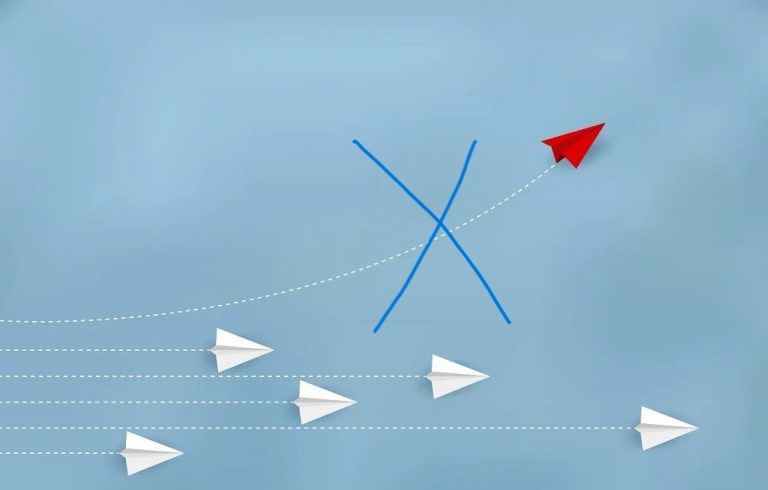
Many people think that good leadership is about handling crises and dramatic actions. But this is a misconception. True leadership is actually about who follows; prevention is better than cure. That means preventing problems before they arise. It’s not just about reacting to issues; it’s about planning and making sure that problems don’t happen in the first place.
Lee Kuan Yew or Hugo Chavez?
Imagine you are choosing a leader for a country. Will you pick Lee Kuan Yew or Hugo Chavez?
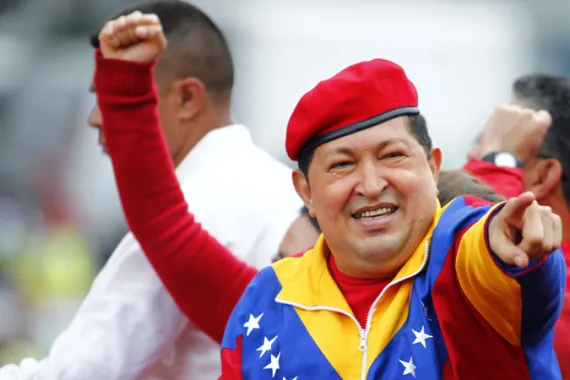
I believe many of you might not have heard about Lee Kuan Yew and there are high chances you might pick Chavez because many believe Chavez is one of the best communist leaders, and he transformed Venezuela into a prosperous country, and when he died, the country collapsed.
Why Lee Kuan Yew Will be a Better Choice
But in reality, Lee Kuan Yew of Singapore, who transformed Singapore from a developing country into a global financial hub through meticulous planning, strict governance, and steady development policies.
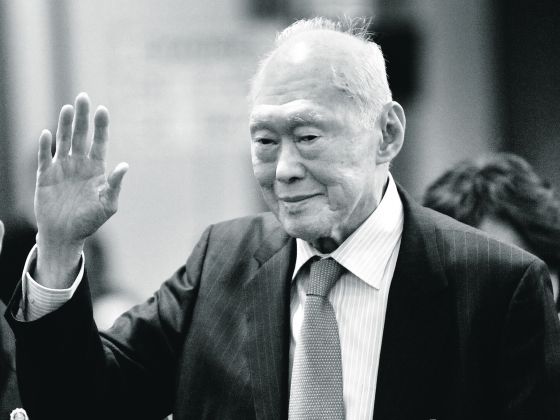
His leadership was marked by effective management and long-term strategic planning. On the other hand, Hugo Chavez of Venezuela, whose tenure was filled with dramatic actions and bold declarations, Chavez’s leadership included controversial economic policies and nationalisations that, despite their initial popularity, eventually led to significant economic instability and hardship for the country.
This tendency to prefer dramatic stories or excitements is what I call the “action fallacy.”
The Action Fallacy: Excitement vs. Effectiveness
Let’s look at the leadership styles of Steve Jobs and Tim Cook at Apple. Steve Jobs is known for his dramatic leadership and visionary ideas that brought Apple back from the brink of failure.
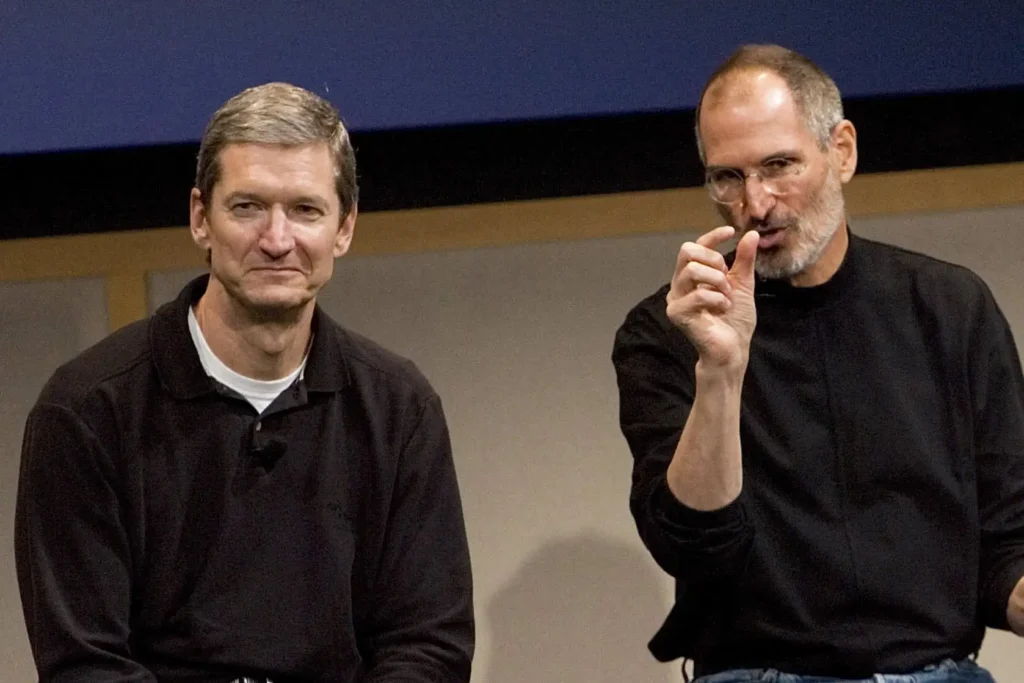
His bold moves, like launching the iPhone and iPad, were revolutionary and are often celebrated. Jobs’ style was full of excitement and innovation, but it also came with a lot of risks and high-profile product failures like the Apple Newton.
A Leadership without Fans
On the other hand, Tim Cook, who took over as CEO after Jobs, is known for his calm and steady leadership. Cook focuses on operational efficiency and careful planning. Under his leadership, Apple has not only continued to release successful products but also improved its supply chain, increased sustainability efforts, and maintained a consistent growth trajectory.
Cook’s approach might not be as dramatic as Jobs’, but his meticulous planning and risk management have made Apple one of the most valuable companies in the world.
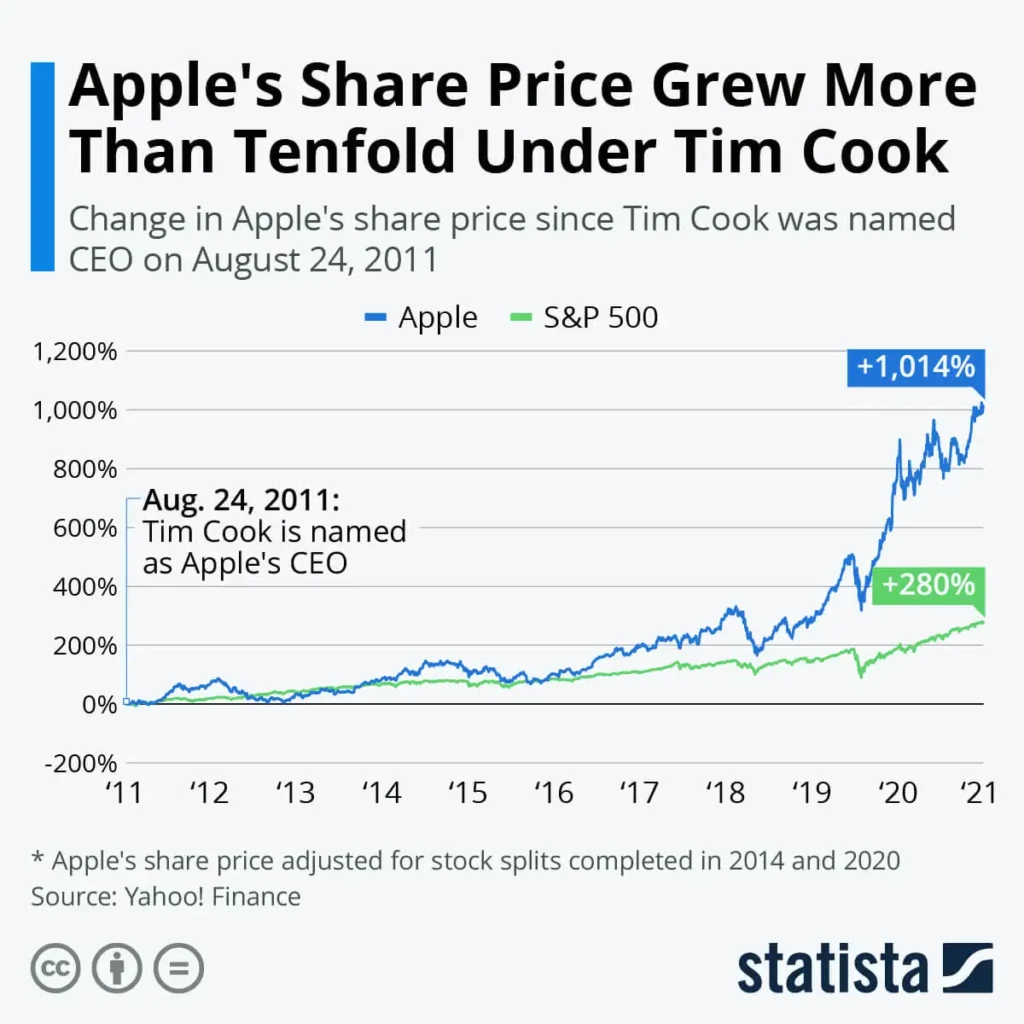
Unfortunately, world is not celebrating Tim cook as the way it celebrating Steve Jobs’ leadership.
In business, this focus on the “action fallacy” has negative effects. Because of this, we often promote leaders who seem to be taking action, rather than those who work quietly to prevent problems. This means we might be rewarding the wrong kind of leadership, which can lead to more issues in the future.
Finding a clear-cut real-world example of the Action Fallacy from business world can be tricky. Let me explain why.
Be Careful Before Labelling Action-Fallacy
Hindsight Bias: Looking back at events, it’s easy to see where preventive measures could have been taken. However, judging past leaders based solely on this knowledge can be misleading. They might have been operating with limited information at the time.
Complexity of Leadership: Leadership involves a multitude of factors beyond crisis management. A leader who seems to fall victim to the Action Fallacy might actually be strong in other areas like team building or strategic vision.
However, let me choose a closer example for you.
How General Electric Collapsed Because of Action Fallacy
Jack Welch, one of the most celebrated corporate chieftains of his time, spent the last few years of his life regretting what he believed was the most important decision of his career:
He promoted Jeffrey Immelt as CEO of General Electric (GE) in 2001, Why did Mr. Welch choose Mr. Immelt as his successor when he had options like Mr. McNerney, who was known for his steady and effective leadership style?
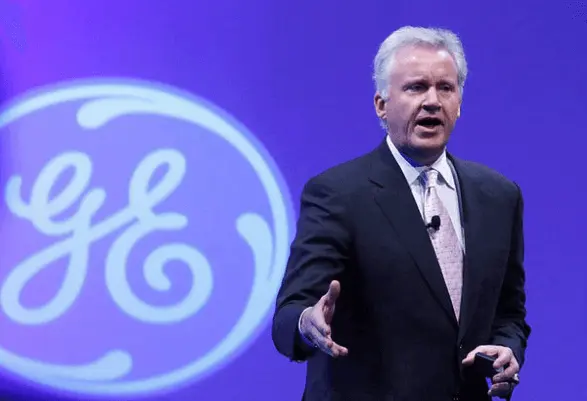
It was Action Fallacy played a role here.
Welch was swayed by Immelt’s charm, political skills, and polished demeanour. Immelt, a former Dartmouth offensive tackle and Harvard Business School graduate, seemed to embody the dynamic and bold leader GE needed.
During the selection process, Immelt’s confident and aggressive approach stood out. Whenever Immelt met with Welch, he was in overdrive, showcasing his ability to take bold actions and make quick decisions. His high-profile initiatives and assertive style made him appear as a proactive leader who could steer GE through challenging times.
Despite warnings from some board members who believed Jim McNerney would be a better choice, Welch was captivated by Immelt’s dynamic persona.
Immelt took over as CEO just days before the September 11 attacks in 2001. His tenure was marked by several critical mistakes that significantly impacted GE’s fortunes. Despite his high-profile initiatives and aggressive strategies, many of his decisions backfired:
How Immelt’s Action Fallacy Spoiled GE
Selling NBC Universal: Immelt sold GE’s majority stake in NBC Universal, including its television network and Hollywood studio, too cheaply. This decision was made in panic during the financial crisis, leading to significant financial losses for GE.
Overpaying for Acquisitions: Immelt made several high-cost acquisitions that did not yield the expected returns. These acquisitions strained GE’s finances and did not contribute to the company’s growth as intended.
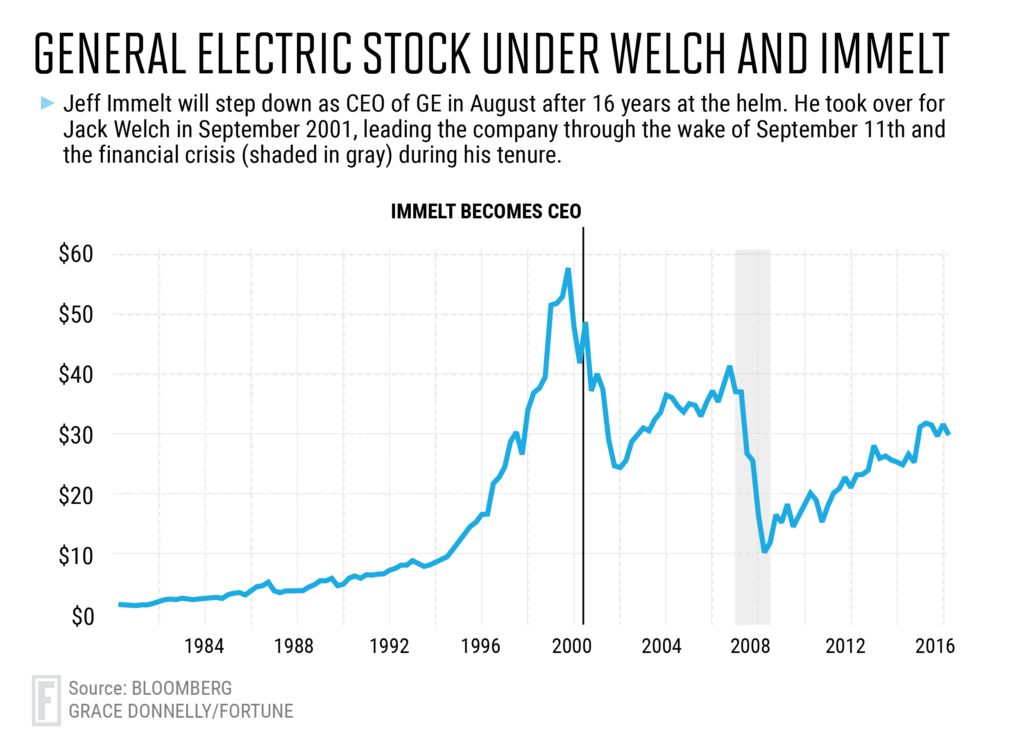
Dismantling GE Capital: GE Capital was a highly profitable yet risky part of GE’s business. Immelt dismantled it but failed to replace its lost earnings, which hurt GE’s overall profitability.
Ignoring Talent: Immelt was known for his “know-it-all” attitude, as described by Welch. This attitude drove away talented executives who felt unheard and undervalued. His inability to listen and collaborate effectively led to a loss of valuable leadership within the company.
Under Immelt’s leadership, GE’s market value plummeted. By the time he stepped down, GE had lost over $150 billion in market value. Today, GE has been reduced to a shadow of its former self, it split into three separate companies. The finalisation of the split occurred on April 2, 2024.
Redefine Leadership
We need to rethink our idea of what makes a good leader. We should celebrate leaders who are good at preventing crises, not just those who react to them.
This means recognising the importance of “boring management” – the unglamorous work of planning, process building, and team building. This is where true leadership lies.
Instead of focusing on dramatic actions and crisis management, we should value leaders who work quietly and effectively to prevent problems before they arise.
For founders looking to identify true leaders, it’s important to look beyond charisma and bold actions. Pay attention to candidates who demonstrate strong planning and risk management skills.
Look for individuals who have a track record of building efficient processes and fostering team collaboration. Ask about their experiences in preventing issues rather than just handling crises.
True leaders are those who ensure stability and long-term success through careful, steady work. Recognising and promoting these qualities can help create a more resilient and effective organisation.
This Is my answer for how to Identify a True Leader.
How to make Better Decisions with Marcus Aurelius Approach, read here.